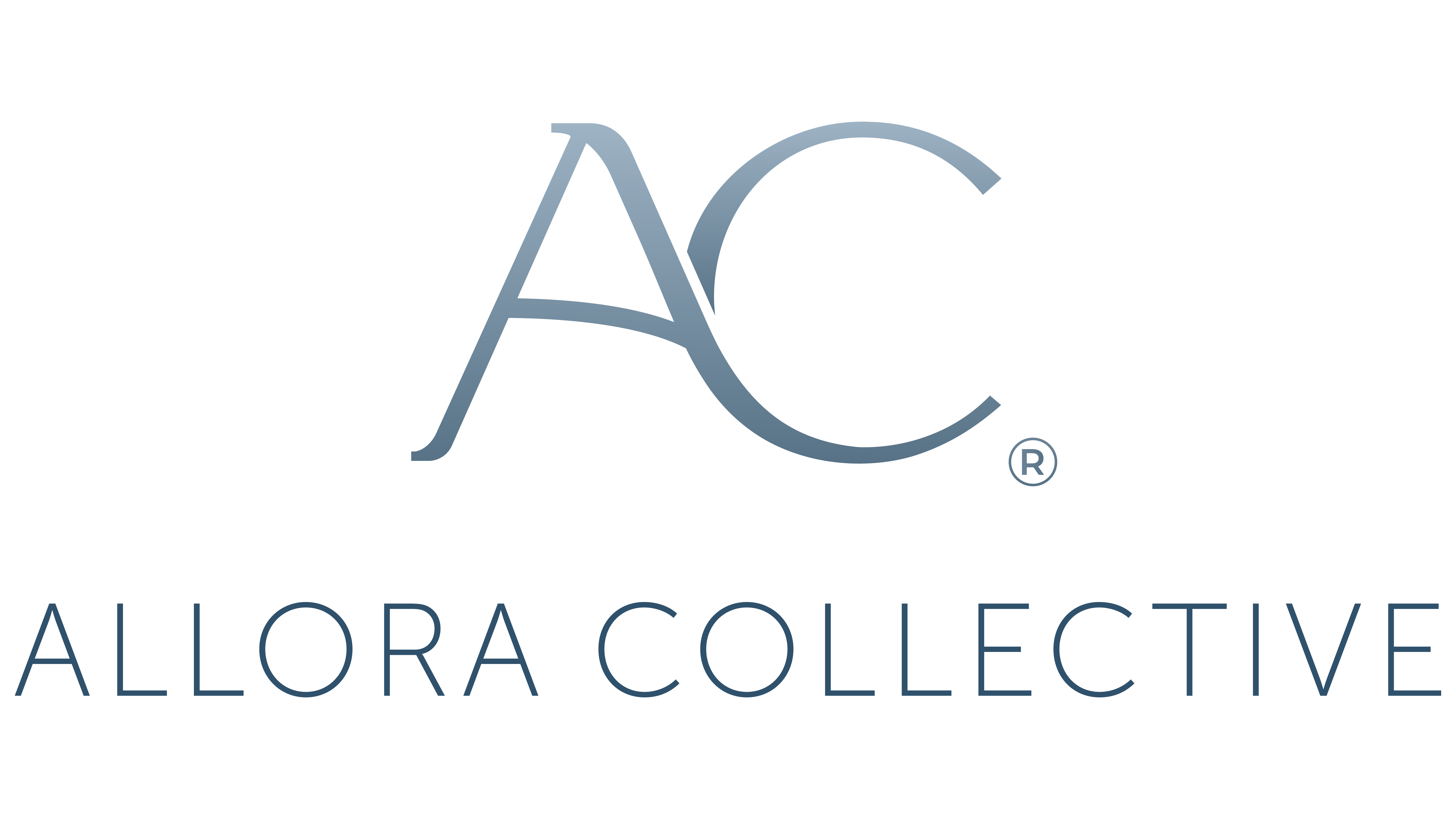
Types Of Job Offers And The Terms You Need To Know Before Your Negotiate

We know how much effort and patience was required from you to reach the offer stage and we know you are excited, but we also want you to be empowered and steady when you negotiate your offer. This guide covers verbal offers, formal offers, base salary, total compensation, relocation offers, and the various types of benefits you may receive or negotiate for.
During your job search, you will come across different terms related to job offers that are important to understand as part of the process. Understanding these terms will help you stay calm and make a confident, thoughtful decision regarding the offer, as well as negotiating when necessary.
Verbal offers are usually presented by the recruiter after the final interview. It should be a conversation as should most negotiations. The context of a person’s voice makes a difference. As a candidate you want to have a sense as to whether the recruiter is doing their best to get you the offer you want and in the same way it helps them to hear the sincerity with which you ask for any changes to the offer. This negotiation should never be combative, the recruiter has to be the partner who will negotiate on a candidate’s behalf.
As early as possible in the interview process, you should confirm the salary and total compensation range that has been assigned to the role. We recommend asking for this during the first step whether it’s a phone call or a video interview. Until you complete the interview process, you are simply confirming that you will consider the range you discussed as an appropriate market rate. At the end of the interview process, the company’s decision maker and the candidate have the information they need to decide what offer is acceptable.
The purpose of a verbal offer is to confirm the candidate’s intention to agree to a specific salary, and sometimes a total compensation amount, thereby increasing the probability that they accept the formal offer immediately. It also helps to keep a candidate engaged and interested until the formal offer is sent to them.
You can negotiate after agreeing to a verbal offer. Typically, the verbal offer does not include details of the total compensation and benefits. In the US, healthcare costs and other items are released with a formal offer. These things will affect the value of your total compensation and may give you reasons to negotiate.
With that said, you don’t want to agree to a range during a verbal offer and then ask for an unreasonable amount after they send the formal offer. Have the conversation, do not play games. The way people negotiate an offer are signals of what to expect if you work with them and that applies to candidates and companies.
We help people define and negotiate what is best for them every day and we’re happy to help you too!
Offer negotiation techniques and communication strategies will empower you to get what you want.
Whether you’re interviewing for a new job or negotiating a raise with your current employer, you must understand your offer package options BEFORE you approach these conversations.
Most offers have an expiration date from a few days to a week. You can ask for an extension but manage it respectfully. If you’re pressured to decide before the expiration, it is a red flag! If a company tries to manipulate you, i.e., giving you 24 hours or ‘they will hire someone else’, red flag! This is how they might treat you if you work for them. Talk to your career coach or someone who is not personally attached to the outcome for objective advice and strategy for a successful negotiation.
You may have seen posts on social media calling out ridiculously wide ‘salary ranges’ posted with job descriptions. When they appear to be unrealistically different from the low to high salary range for the same role they are likely referring to total compensation options. Many startups and tech companies may offer stock or equity opportunities and lower base salaries whereas other companies may offer less ‘perks’ or no equity opportunities but higher salary. Another reason is they are including multiple locations in that range and you’ll find some companies listing ranges for specific countries or regions in some job posts in an effort to add more transparency and accuracy.
You need to understand these elements and CHOOSE WHAT IS BEST FOR YOU. Remember, an offer of stock or equity is NOT cash in your pocket, it is an investment opportunity dependent on the length of your employment at the company and your ability to purchase that investment when the time comes. Too many people don’t make time to learn about this and understand the pros and cons.
There are benefits that you can negotiate in addition to your salary which we will review for you in future posts. Qualify and clarify what someone is referring to when they quote a ‘salary range’ or ‘total compensation value’ so you know exactly what you’re discussing.
SALARY: Your salary or ‘base salary’ is what you are paid weekly, bi-monthly, or monthly, typically deposited directly into your bank (minus taxes).
TOTAL COMPENSATION: The value of your complete offer package including and not limited to: healthcare benefits, bonuses(sign-on, annual, quarterly), stock, equity, relocation, visa sponsorship, home office stipend, PTO, wellness perks, career coaching, professional development, leadership coaching, learning and development, short or long term leave options, sabbaticals, fertility or adoption assistance, caregiver assistance, life insurance, brand partner discounts, etc.
*NOTE: An hourly paid job is not salaried, it might be presented as the ‘equivalent’ to X salary but if the offer is for hourly pay then you need to confirm if the job is eligible for overtime pay(time and a half after 40 hours), the expectation of the hours per week you’ll work, whether they will pay taxes on your behalf of if you’ll be paid as an independent contractor who is responsible for their own taxes.
Questions? Book a free session and we’re happy to help!
Kelly Kugler
Kelly is the Founder of Allora Collective, a career manager with two decades of experience, and a relocation strategist for expats and digital nomads in the US, Europe, and LATAM. After creating talent programs for startups and global companies, including General Assembly, NFL, and Booking.com, she built Allora Collective. She manages the careers of individuals providing one-on-one coaching and partners with companies to customize workshops and coaching packages for their teams.



